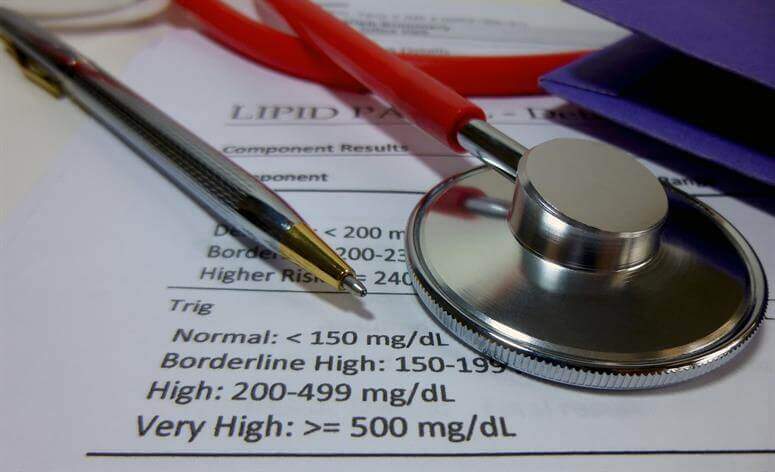Did you know that September is National Cholesterol Education Month? It’s a perfect reminder to get your blood cholesterol checked and take steps to lower it if it is high.
According to the CDC, more than 102 million American Adults (20 years or older) have total cholesterol levels at or above 200 mg/dL, which is above healthy levels. More than 35 million of these people have levels of 240 mg/dL or higher, which puts them at high risk for heart disease and stroke.
Cholesterol is a waxy, fat-like substance found in your body and many foods. While your body needs cholesterol to function normally and makes all that you need, too much cholesterol can build up in your arteries. Eventually, these deposits narrow your arteries and can restrict blood flow to the heart and brain.
People with high cholesterol levels don’t typically have any symptoms. As a result, many people do not know that their cholesterol levels are too high. However, doctors can do a simple blood test called a lipoprotein profile that can measure your total cholesterol including LDL and HDL levels.
- LDL — Low-density lipoproteins (or “bad” cholesterol) carry cholesterol to the tissues. High levels of LDL cholesterol RAISE your risk for heart disease and stroke.
- HDL — High-density lipoproteins (or “good” cholesterol) carry excess cholesterol back to the liver, which processes and excretes the cholesterol. The more HDL you have, the lower your risk for developing heart disease High levels of HDL cholesterol can LOWER your risk for heart disease and stroke.
Visit your local AFC and make your heath a priority this month! Have your cholesterol levels checked and talk to your doctor about lifestyle changes and medicines to manage your cholesterol.

